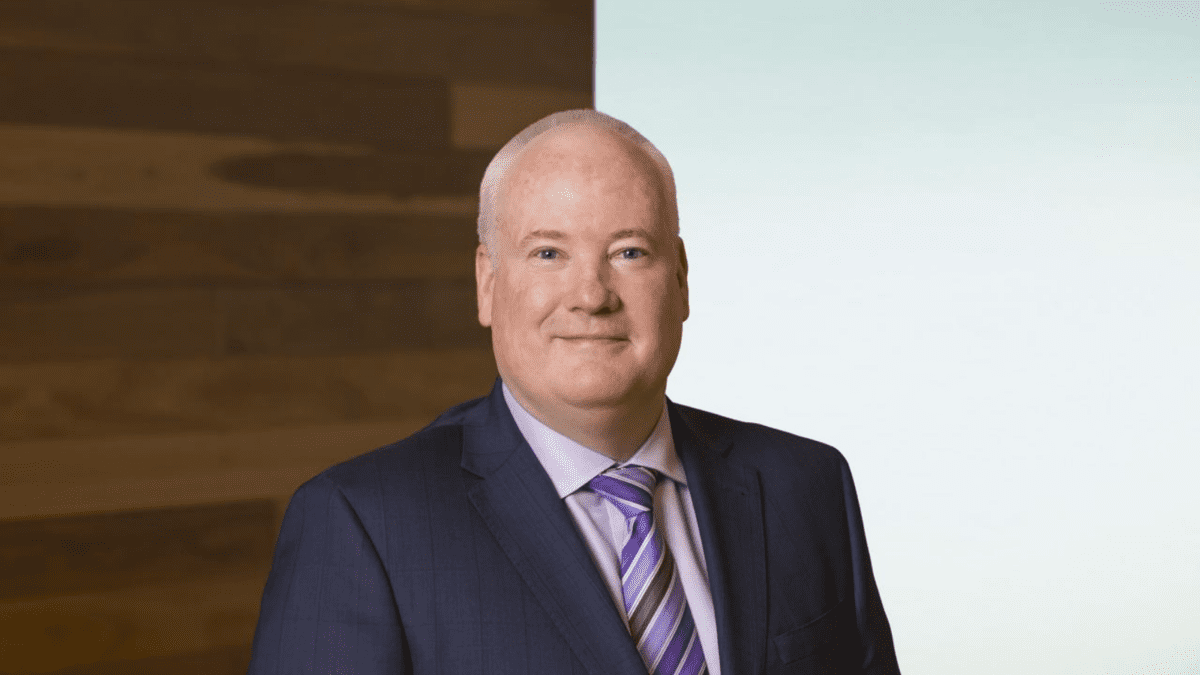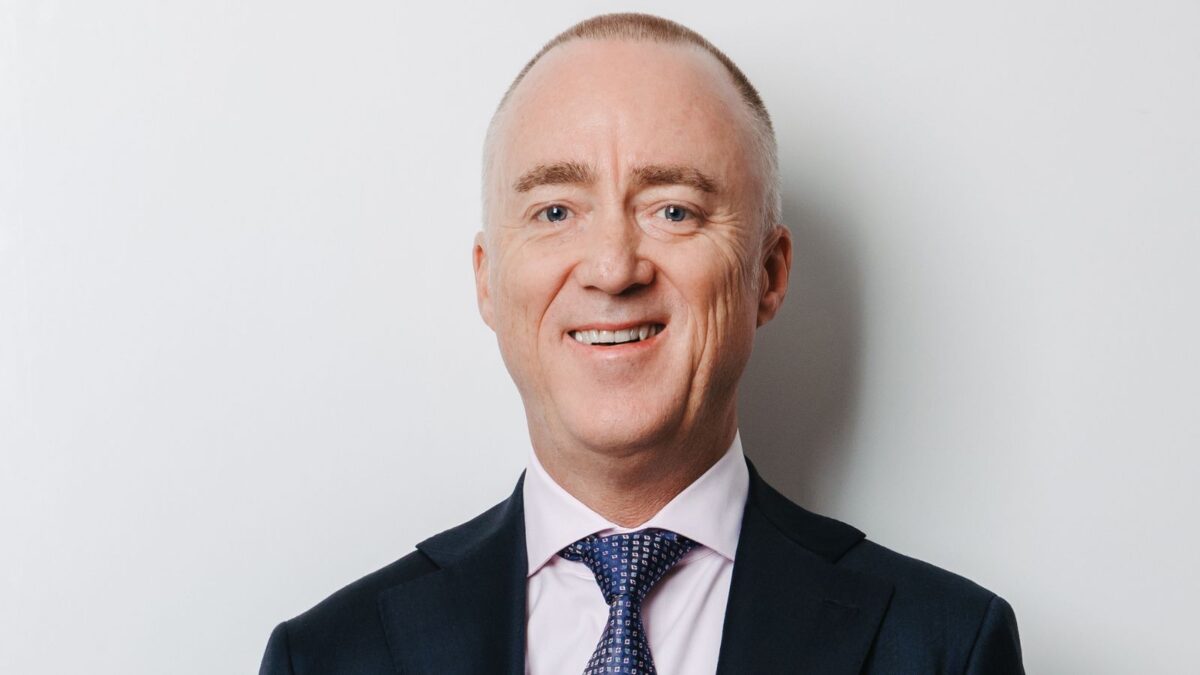… as GSFM shows the benefits of manager diversification
In a regular series of presentations on the state of play in their markets by its affiliated managers, GSFM has demonstrated the diversification advantages that multi-affiliate funds management businesses have over their single-manager counterparts. The aim, as obvious as it sounds, is to have more winners than losers at any particular time.
Damien McIntyre, the chief executive of GSFM, told a webinar for clients last week (on July 28) that his business was, despite the market volatility and uncertain economic times, “travelling quite nicely at the moment”. He said: “For the most part our managers are in inflow status… Flows have been strongest for Munro Partners, who have had a sensational time over the past year or so. We have managers who are sufficiently different across all asset classes. Our most-recent addition, Redpoint has especially had a lot of interest because of its sustainable investing strategy, including quite a lot of interest from New Zealand.”
GSFM speaks for A$16.7 billion in funds under management across its affiliates, as at June 30. The three GSFM managers presenting last week were Melbourne-based Munro Partners, Sydney-based quant manager Redpoint Investment Management and Los Angeles-based Payden & Rygel, which has a successful global absolute returns strategy and also a fixed income product. Stephen Miller, a fixed income specialist who works with GSFM managers, gave his views on the broad global outlook.
GSFM’s other managers are: Epoch Investment Partners of the US, Cambridge Global Asset Management, Sydney-based Tribeca Investment Management, and European-based global hedge fund manager Man Group. Cambridge has offices in Toronto and Boston and is a subsidiary of CI Investments, which is the Canadian-based core shareholder in GSFM.
The common theme among the presenters (see Powerpoint presentations) was that, notwithstanding an apparent disconnect between markets and most of the real-world economies as they slide into a severe recession, there remain investment opportunities. Those with absolute returns and long-short strategies, which tend to do relatively well during periods of higher volatility, are seeing plenty of opportunities.
- Stephen Miller said most economies, including Australia’s, had been hit hard and were likely to be hit harder. “But the markets have defied this. They are showing extraordinary faith in the ability of policymakers to navigate our way through this… There are structural changes, to, such as the impact of climate change, a ‘cyber cold war’, social inequality, and the evidence of ‘oligopolistic privilege’.” This came at a time when monetary policy was, at best, ‘exhausted’, and at worst, ‘inappropriate’.”
Medium-term issues included the possibility of a resurgence in inflation and the “moral hazard” of keeping the so-called zombie companies alive (companies which would not exist without government subsidies for themselves or their workers). “We might need to ask ourselves whether markets are being complacent,” Miller said. “And what might this mean? It might mean, for instance, that gold is a good buy.”
- Nick Griffin, CIO of Munro Partners: Equities still look cheap compared with bonds. Munro’s goal is to identify structural shifts. The firm has returned 15.2 per cent annualised since inception in 2016. “For many growth companies, their earnings are still going up,” he said. “There are a few of them. They are the ‘all stars’ of the market. COVID has come along and their performance has accelerated.” Munro is also heavily invested in the climate change theme. “The shift to renewable energy is just the start of the ‘S’ curve,” Griffin said.
The firm’s main themes include: digital enterprises; innovative health; e-commerce; internet disruption; digital payments; high-performance computing; and, climate. “This has obviously been a good period for growth investing.”
- Eric Souders, director of Payden & Rygel: The fixed interest specialist has about US$180 billion under management, including $US3 billion in unconstrained fixed income strategies. Souders said: “Liquidity which relies on the broker-dealer community has tended to decline. Pricing and technology are playing a big role. Liquidity (or lack of it) can overwhelm fair value.
“There is evidence of a liquidity shock. Transaction costs have risen from a couple of bps to over 1 per cent…
But there are opportunities that can arise for investors that separate price movements based on liquidity versus fundamentals… There are buying opportunities as long as we are patient,” he said.
- Max Cappetta, chief executive and portfolio manager of Redpoint: The way Redpoint, established in 2011, sets itself apart from most other managers is the way it collects and collates vast amounts of data. The firm is most often used in a big fund’s portfolio of strategies as a ‘diversified core’. Of the challenges for managers at the moment, the unattractive returns on cash investments is a big one. “Having good quality assets like utilities will deliver for investors, especially globally,” Cappetta said.
With respect to sustainability, once a decision is made to divest of certain stocks the problem then becomes how to re-invest the capital. “A good investment is for the long term,” Cappetta said. “We’ve seen earnings estimates drop by about 25 per cent over the past few months, but the market is only discounting about 10 per cent. The coming reporting season will be key… We are going to see overall lower returns over the next few years, so stock selection will be very important.”
– G.B.









